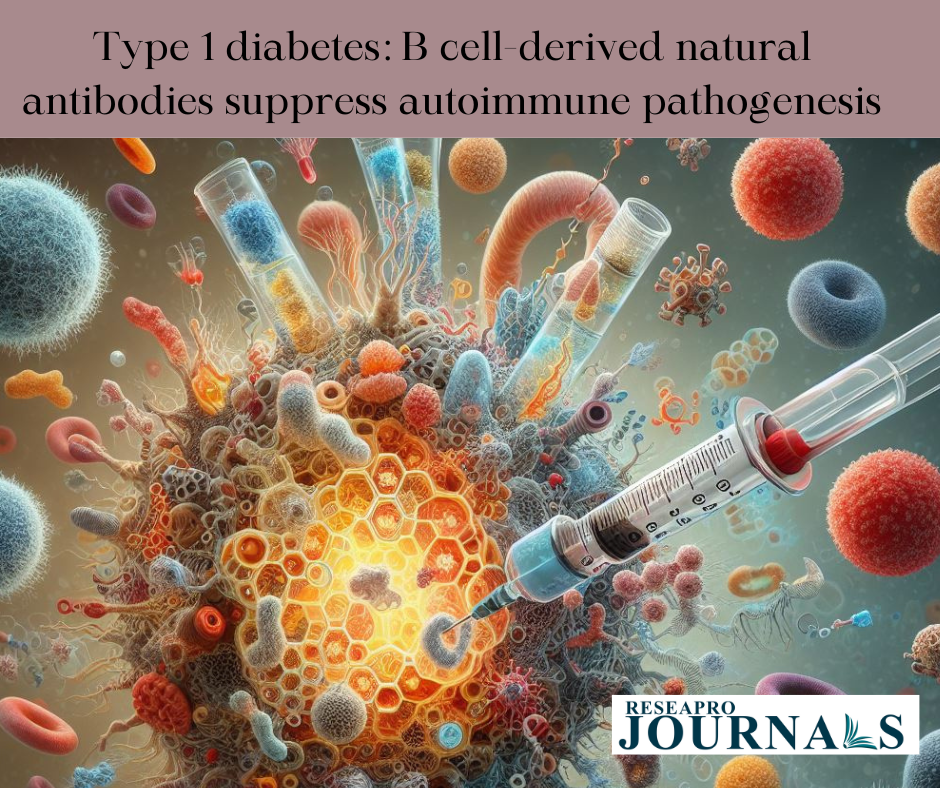|
Getting your Trinity Audio player ready...
|
Researchers at the University of Alabama at Birmingham have made a breakthrough discovery in the fight against Type 1 diabetes. They’ve identified a specific type of antibody produced by B cells that can actually suppress the autoimmune response that destroys insulin-producing beta cells in the pancreas.
Here’s the key finding:
- B cells, a type of immune cell, can produce “natural antibodies” without prior exposure to infection.
- Some B cells produce antibodies that target N-acetyl-d-glucosamine (GlcNAc), a sugar molecule found on both group A streptococcal bacteria and insulin-producing beta cells.
- When activated by group A streptococcal infection, these GlcNAc-specific B cells expand and produce more antibodies.
- These antibodies then bind to and flag dead or dying beta cells, allowing the body to clear them safely without triggering an autoimmune attack.
This discovery holds significant promise for Type 1 diabetes treatment:
- New therapeutic targets:Â GlcNAc-specific B cells could be targeted by drugs or other interventions to boost their activity and prevent autoimmune destruction of beta cells.
- Preventing diabetes:Â Understanding the role of group A streptococcal infection in triggering the protective B cell response could lead to preventive strategies.
- Personalized medicine:Â Identifying individuals with low levels of GlcNAc-specific B cells could allow for early intervention and disease prevention.
The research is still in its early stages, but it offers a promising new avenue for developing effective treatments and ultimately preventing Type 1 diabetes.




